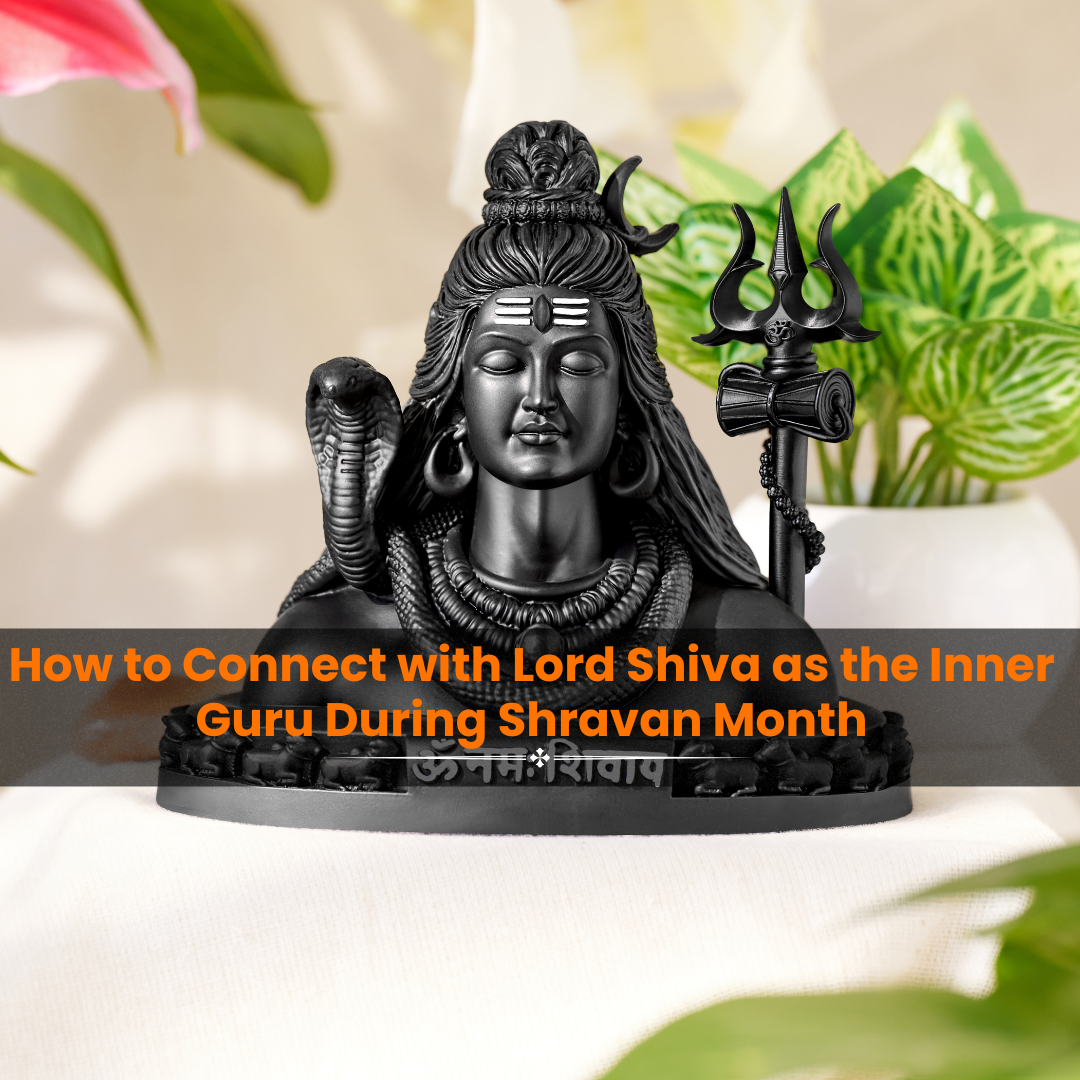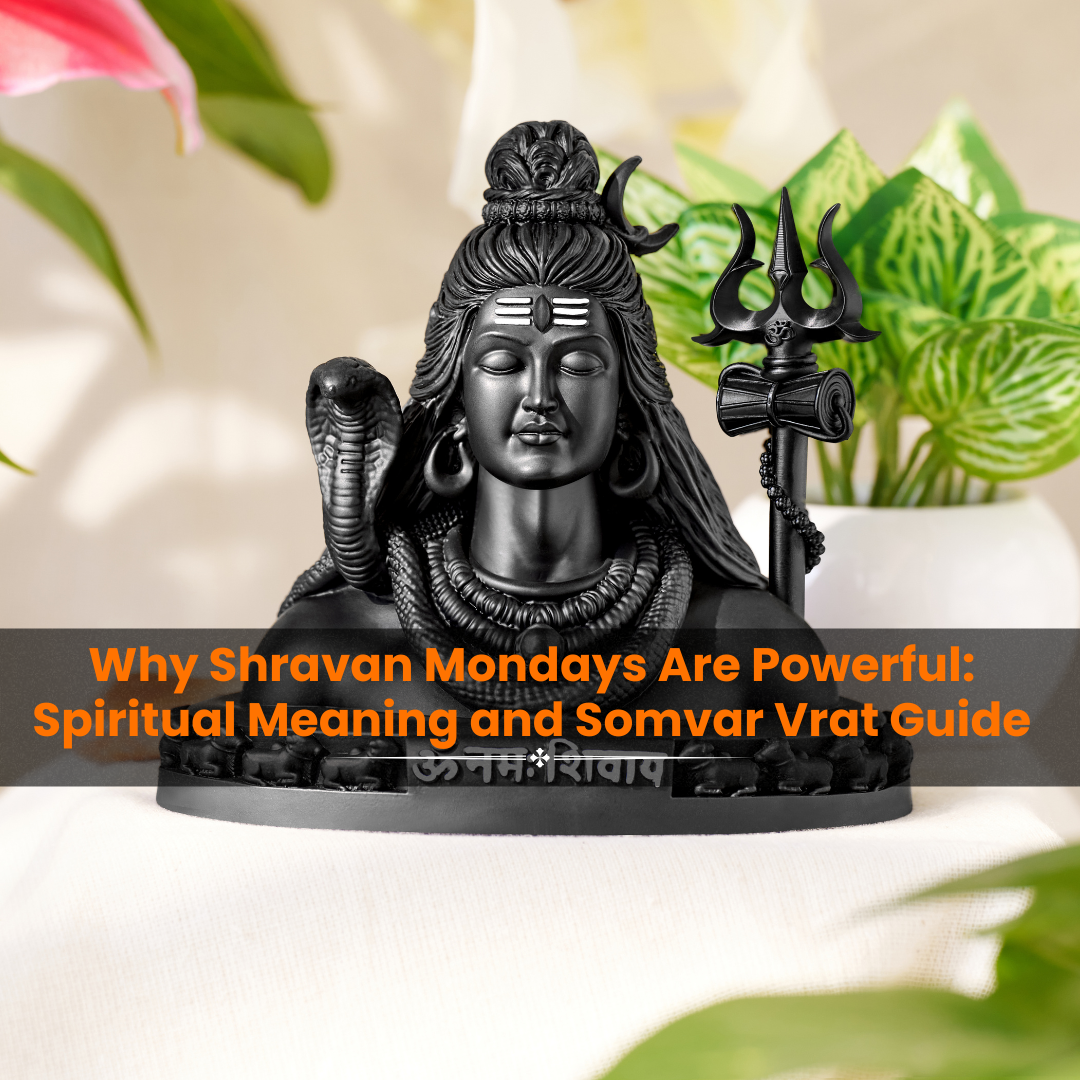
How the Navkar Mantra Enhances Mindfulness and Mental Well-being
The Navkar Mantra holds a place of deep reverence in Jainism—not only as a sacred prayer but also as a powerful practice for nurturing mindfulness and emotional wellness. Beyond its spiritual significance, this ancient mantra offers a calming rhythm that harmonizes the mind and spirit, making it a daily source of inner strength for millions of followers.
In this article, we’ll explore the mantra’s origins, meaning, and the growing interest in its psychological and scientific benefits.
What is the Navkar Mantra?
The Navkar Mantra is a powerful chant that honors the five supreme beings in Jainism: Tirthankaras, Siddhas, Acharyas, Upadhyayas, and Sadhus. It is composed in the Prakrit language and is often recited by Jains as a form of meditation and prayer.
Meaning & Message
Unlike many religious prayers that invoke deities or gods, the Navkar Mantra is unique—it does not ask for favors or blessings. Instead, it is a mantra of reverence, respect, and self-purification. By chanting it, one aligns their consciousness with the qualities of those who have attained spiritual purity.
A Glimpse into History
The origins of the Navkar Mantra trace back to ancient Jain traditions, with some scholars attributing its formulation to Lord Mahavira, the 24th Tirthankara, around 500 BCE. Over centuries, it has remained a core component of Jain worship and is preserved in scriptures like the Agamas and Tattvartha Sutra.
These texts lay the foundation for Jain philosophy, offering insights into ethics, metaphysics, and the soul’s journey toward liberation.
Spiritual Significance of the Tirthankaras
Tirthankaras are enlightened beings who have achieved absolute knowledge (Kevala Jnana) and guide others on the spiritual path. The Navkar Mantra honors their wisdom and motivates practitioners to follow their example of non-violence, truth, and self-control.
The Science Behind the Chant
Although rooted in spiritual tradition, the Navkar Mantra has effects that are supported by modern science. Let’s explore how this ancient practice intersects with contemporary understanding of mental health.
✅ Psychological Benefits
The repetitive chanting of the mantra engages the brain in a rhythmic, calming activity. According to psychologists and neurologists, this type of focused repetition:
-
Lowers cortisol (stress hormone) levels
-
Reduces anxiety and nervous tension
-
Improves cognitive focus and emotional balance
✅ Sound Vibration & Energy
The syllables in the mantra produce soothing sound vibrations that can positively influence both the body and surroundings. These vibrations activate different energy centers in the body, contributing to a sense of harmony and stillness.
✅ Tool for Meditation
Using the Navkar Mantra during meditation can deepen mindfulness. Scientific studies show that meditation changes the brain’s grey matter, improves concentration, and leads to better emotional regulation.
By aligning the mind with the mantra, practitioners often report:
-
A sense of groundedness
-
Reduced mental clutter
-
Improved self-awareness
Incorporating the Navkar Mantra into Daily Life
Chanting the Navkar Mantra doesn’t require complex rituals or settings. It can be a simple, powerful addition to your everyday life.
🌞 Morning Ritual
Begin your day with a few minutes of chanting. It helps cultivate peace, gratitude, and positive energy before facing daily responsibilities.
🧘 Mindful Meditation
Use the mantra as a focus point during your meditation sessions. Breathe deeply, recite slowly, and reflect on the values of non-attachment, humility, and spiritual growth.
🤝 Community Recitations
During Jain festivals or spiritual gatherings, the collective chanting of the Navkar Mantra builds a shared spiritual atmosphere—deepening bonds among community members and reinforcing a common purpose.
Final Thoughts
The Navkar Mantra is more than a sacred verse—it’s a powerful ally for anyone seeking mental clarity, emotional peace, and spiritual upliftment. Its profound simplicity makes it accessible to all, regardless of religious background.
By embracing this ancient chant, you can invite stillness into your day, strength into your challenges, and meaning into your spiritual journey.

























